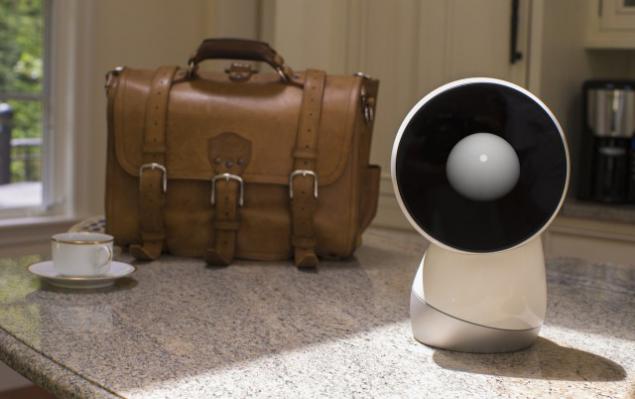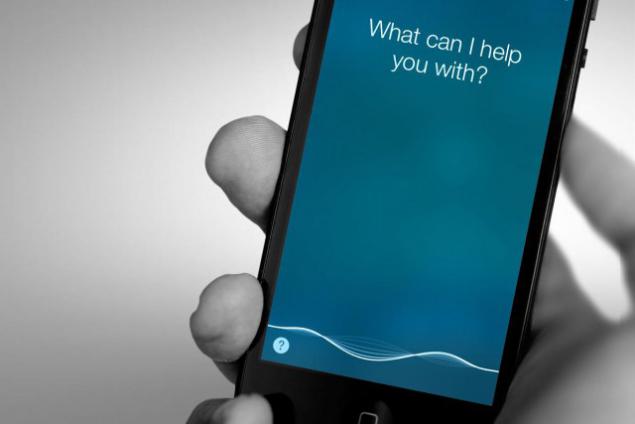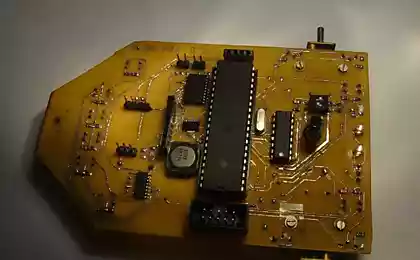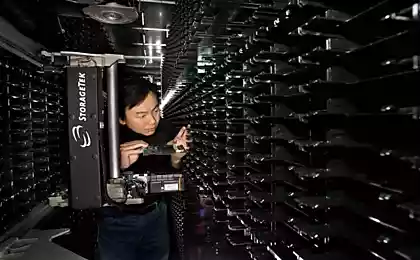723
What is it - live with a robot servant, and whether we want this kind of life?
Robot servant will make your life easier. Or destroyed eePoyavlenie promotional publications Jibo, «the world's first robot family" bombshell. In the blink of an eye pre-orders have exceeded $ 1, 8 million. And paid for the original to raise funds for development in the amount of $ 100 thousand.
But can we let the servant robot in our lives? The modern design, white casing and round "face» - Jibo looks quite charming when doing what he does best: sorts family photos, read fairy tales to your children, books you pizza, or simply talking to your entertainment, and at the same time he was very polite and friendly. At first glance, everything is very cool, but is it really? Jibo is a fundamental existential problem: what it is - to live with a robot servant and whether we want this kind of life?

Will robot servant to perform his duties with the Joneses? Robots servants promise to make our lives better, freeing up our time and doing the hard work for us, but, ironically, they may ultimately reduce the quality of life.
Partly in Jibo attracts us is that it allows us to stop thinking There is no problem when the robot performs for us thankless hard work that we all hate. Take the familiar devices such as washing machines and vacuum cleaners: Most of us would be greatly delighted, if there has been a fully automated cleaning robot. In addition, we do not worry about shifting the responsibility for the activities to be performed by yourself, when, say, turn to Siri for information about weather or dictate messages. We want to get the maximum benefit from the Siri and even give it a silly or funny questions that it has dispelled our boredom.
But can we let the servant robot in our lives? The modern design, white casing and round "face» - Jibo looks quite charming when doing what he does best: sorts family photos, read fairy tales to your children, books you pizza, or simply talking to your entertainment, and at the same time he was very polite and friendly. At first glance, everything is very cool, but is it really? Jibo is a fundamental existential problem: what it is - to live with a robot servant and whether we want this kind of life?

Will robot servant to perform his duties with the Joneses? Robots servants promise to make our lives better, freeing up our time and doing the hard work for us, but, ironically, they may ultimately reduce the quality of life.
























